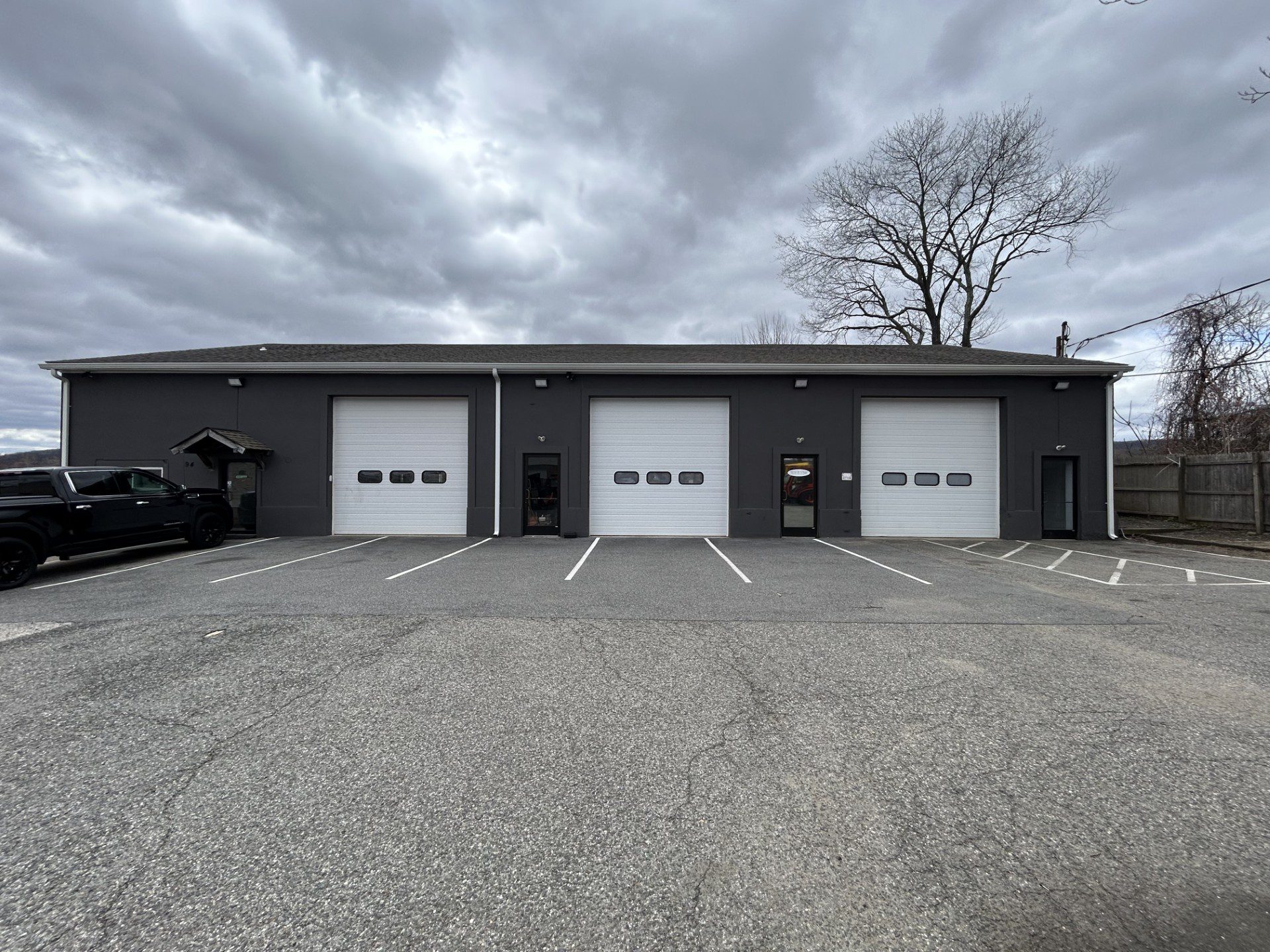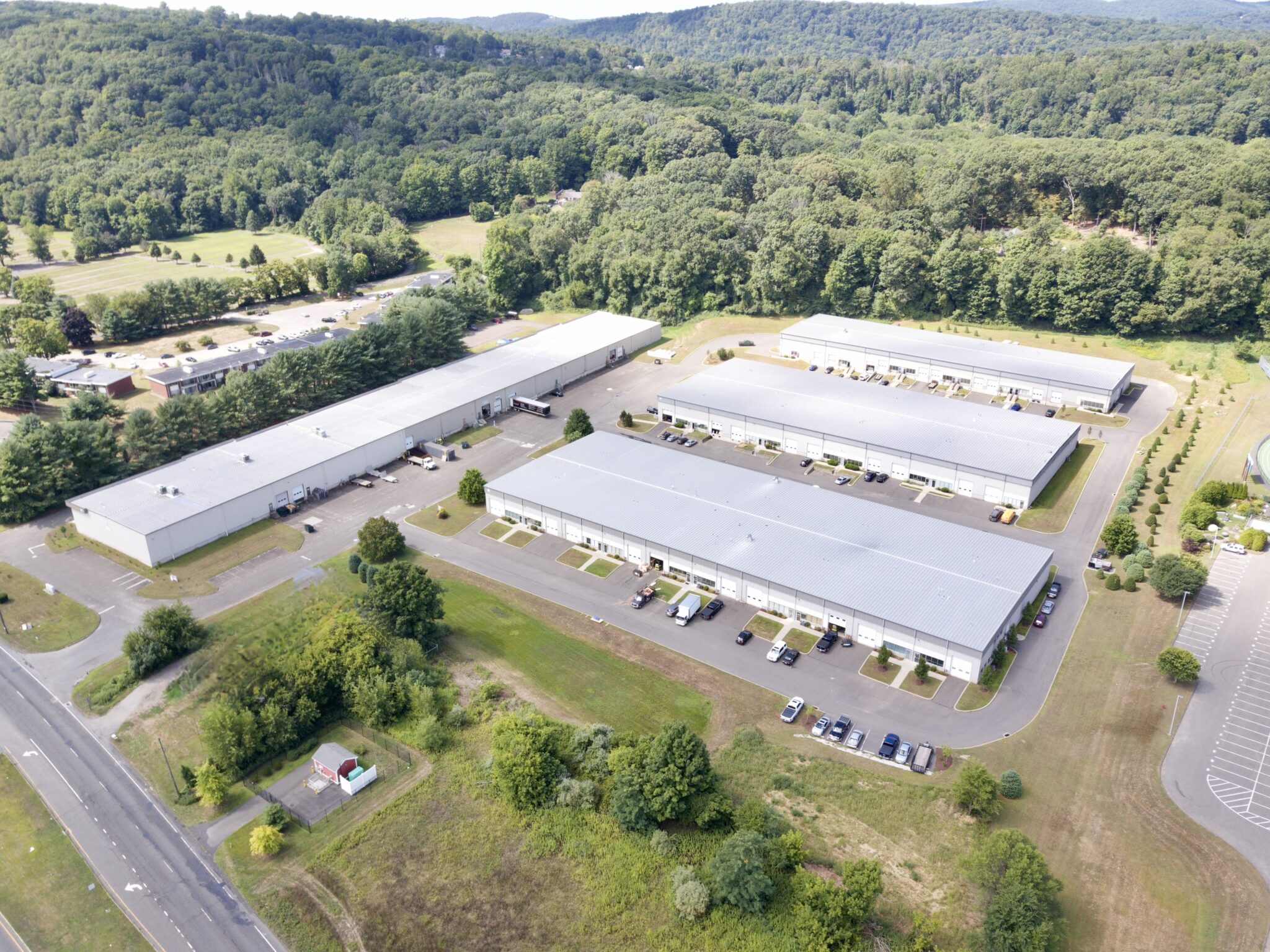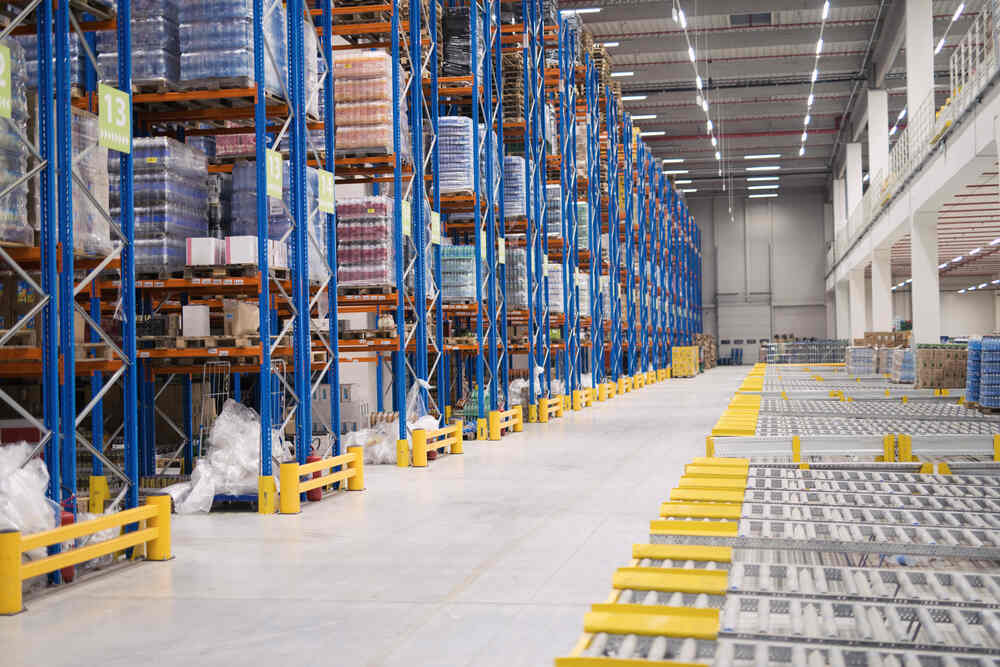SINCE 1988
203-546-7793

The right commercial warehouse can generate steady income, attract long-term tenants, and offer strong returns—but not all facilities are built to perform. Investors and property managers need to look beyond square footage and consider features that directly impact operational efficiency, tenant satisfaction, and long-term value. From smart infrastructure to flexible leasing options, certain characteristics consistently separate high-performing properties from the rest.
Here are five features to look for in an income-generating commercial warehouse.
✔ Location near highways, ports, and urban centers boosts tenant demand and long-term property value.
✔ Flexible building layouts and clear heights allow for tenant customization and better space utilization.
✔ Modern infrastructure and smart tech features support efficient warehouse management and attract premium tenants.
✔ On-site amenities like office space, parking, and security improve tenant satisfaction and daily operations.
✔ Flexible lease terms and diverse tenant appeal increase income potential and lower vacancy risk.
✔ Evaluating ROI with metrics like NOI, cap rate, and market trends helps guide smarter investment decisions.
✔ Offering competitive lease terms and maintaining property quality helps attract and retain high-value tenants.

Location plays a major role in how profitable a commercial warehouse becomes. A well-placed facility helps reduce transportation costs, attract a wide range of tenants, and increase long-term property value. Whether listed as a commercial warehouse for sale or commercial warehouse for lease, a strong location often seals the deal for buyers and tenants alike.
A well-designed building layout allows tenants to adapt the space to their operations, increasing lease appeal and long-term value. Buyers looking at a commercial warehouse for sale often prioritize how efficiently space can be used or expanded.
As business needs grow, tenants look for reliable infrastructure and up-to-date systems that support efficiency and reduce downtime. A warehouse for sale with built-in modern upgrades stands out in a competitive market.
Functional amenities can elevate a commercial warehouse from a standard building to a high-performing facility. On-site features not only improve daily workflows but also help attract quality tenants. When comparing listings, buyers will often pay more for a commercial warehouse for sale that offers better built-in conveniences.
The ability to support different lease structures is key for long-term success. A commercial warehouse that appeals to both long-term and short-term tenants provides stable income with room for growth. This kind of flexibility is often the deciding factor for buyers evaluating a commercial warehouse for sale or a warehouse for sale as an investment.

The commercial real estate market is dynamic, with rates fluctuating based on various economic factors. As such, before purchasing a commercial warehouse for sale, it’s essential to assess how the property will perform financially. ROI, or return on investment, goes beyond surface-level appeal. It involves analyzing income, costs, market demand, and the long-term value of the asset in the context of current and future commercial storage solutions.
Net Operating Income reflects the property’s earnings after operating expenses. To calculate it, subtract all costs—like maintenance, insurance, property taxes, and management fees—from the gross rental income. A high NOI shows that the commercial warehouse for lease is generating solid cash flow with minimal overhead.
The cap rate helps investors compare returns across similar properties. It’s calculated by dividing the NOI by the warehouse’s market value, which helps gauge how profitable the warehouse for sale is relative to its price. A competitive cap rate is especially important in hot markets where demand for commercial storage solutions is rising.
Frequent turnover or high vacancy rates can eat into profits and raise red flags about tenant satisfaction or market demand. A low vacancy rate often means the commercial warehouse for lease is in a strong location or well-maintained. Properties with consistent tenants tend to offer better long-term ROI and fewer surprises.
Strong leases often include annual rent increases, multi-year commitments, or triple net terms where tenants cover expenses. Lease duration refers to the length of time the lease agreement is valid and the terms under which it can be renewed. These features can significantly increase the ROI of a commercial warehouse for sale by stabilizing income and limiting risk. Reviewing current lease agreements helps buyers forecast returns more accurately.
Warehouses with older systems or poor design may come with high upkeep costs. Evaluating expenses like HVAC upkeep, roof repairs, and utilities helps paint a realistic picture of net income. Efficient buildings with newer infrastructure and streamlined warehouse management systems tend to yield better margins.
A warehouse in an up-and-coming logistics hub or near new infrastructure projects is likely to appreciate in value. Appreciation adds to ROI even if the initial cash flow is modest. For investors reviewing a commercial warehouse for sale, future resale value should weigh just as heavily as rental income.
Deciding whether to buy or lease a commercial warehouse depends on business goals, financial flexibility, and long-term strategy. Each option offers unique advantages—and possible drawbacks—depending on market conditions and property use. Weighing key factors helps clarify whether a commercial warehouse for sale or a commercial warehouse for lease is the smarter move.
Businesses expecting steady growth may benefit more from owning a warehouse for sale. Ownership allows for future expansion, renovations, or layout changes without landlord approval. Leasing, on the other hand, provides more flexibility for companies with unpredictable storage needs or short-term contracts.
Buying a commercial warehouse for sale involves a significant upfront investment, including down payments, inspection fees, and loan costs. However, owners gain equity over time and benefit from property appreciation. Leasing typically requires lower initial costs but may include annual rent increases and fewer tax benefits.
Ownership offers long-term tax incentives like depreciation deductions, mortgage interest write-offs, and potential capital gains advantages. These benefits can boost ROI when holding a commercial warehouse for sale over time. Leasing may offer fewer deductions but provides immediate expense write-offs for rent and maintenance.
Owning gives full control over design changes, signage, subleasing, and operations. This is ideal for businesses needing to install specialized warehouse management systems or structural modifications. Leasing offers flexibility to move or scale down if business needs change, without dealing with the responsibilities of property upkeep.
In high-demand markets, it might be more cost-effective to secure a long-term commercial warehouse for lease than overpaying for ownership. However, if prices are stable or rising slowly, buying can lock in value and provide future income through commercial storage solutions or subletting. Tracking local trends is key to making a smart choice.
Buying allows for resale, refinancing, or leasing out the property for passive income. A well-located commercial warehouse for sale can turn into a long-term investment asset even after a company outgrows it. Leasing offers fewer exit opportunities but makes it easier to relocate without the delays of selling.

A well-positioned commercial warehouse for lease is only as valuable as the tenants it attracts. High-quality tenants provide stable income, take better care of the property, and tend to sign longer leases. By focusing on what matters most to these businesses, property owners can boost occupancy and increase the long-term value of their warehouse for sale or lease portfolio.
Tenants often compare commercial warehouse for lease listings, so flexible terms can tip the scale. Offering multi-year agreements with built-in renewal options or short-term leases for seasonal businesses opens the door to a broader tenant base. Lease incentives, like move-in credits or improvement allowances, add even more appeal.
First impressions matter, and tenants are drawn to clean, secure, and well-kept spaces. Regular maintenance, landscaping, and visible upgrades—such as LED lighting or new docks—make a commercial warehouse for sale or lease listing stand out. Quality upkeep signals that the landlord values both the property and the people using it.
Many businesses rely on tech-driven warehouse management tools to track inventory, automate shipping, and control climate zones. A commercial warehouse for lease with built-in connectivity, smart thermostats, or integrated racking systems can save tenants time and money. Promoting these features in listings directly appeals to logistics and e-commerce companies.
Accessibility is a deal-breaker for companies moving goods. Properties located near highways, ports, or urban hubs—and designed with wide driveways, truck courts, and loading docks—attract logistics-driven tenants. A commercial warehouse for sale or lease with solid transportation links offers real operational value.
Not every tenant needs a 50,000-square-foot layout. Offering flexible configurations and demisable spaces allows owners to meet specific tenant needs, whether it’s 5,000 or 20,000 square feet. This adaptability supports both small business users and large commercial storage solutions providers.
Reaching the right tenants requires more than a basic online listing. Owners should use industry-specific platforms, broker networks, and professional photography to promote their commercial warehouse for lease. A well-marketed warehouse for sale or lease offering increases visibility and attracts more serious inquiries.
A wide range of industries lease commercial warehouse for lease properties, including e-commerce retailers, logistics companies, manufacturers, and distributors. Cold storage providers, food and beverage suppliers, and automotive businesses also rely on warehouses for daily operations. These companies seek flexible layouts, easy access to transportation, and modern warehouse management features. Whether searching for a warehouse for sale or lease, understanding tenant demand helps guide better investment decisions
Tenants leasing a commercial warehouse for lease usually carry liability and contents insurance, while the owner insures the building itself. Owners of a commercial warehouse for sale often need property insurance, liability coverage, and sometimes business interruption insurance if the warehouse is actively generating income. Insurance costs may vary based on location, usage, and infrastructure quality.
Yes, many commercial warehouse for sale properties can be adapted for mixed-use, depending on zoning and building design. Some investors repurpose space for offices, light manufacturing, or even coworking and creative studios. However, local regulations may limit certain activities, so due diligence is important. These hybrid setups often attract non-traditional tenants and diversify warehouse management income streams.
Owning a warehouse for sale comes with the responsibility of ensuring the property meets environmental regulations. This may include proper waste disposal systems, stormwater management, and air quality compliance. Tenants looking at a commercial warehouse for lease may ask about sustainability features or certifications. Environmentally compliant facilities also appeal to tenants with green goals and enhance the value of commercial storage solutions.
Modern security systems—such as 24/7 surveillance, access controls, and alarm integration—can significantly increase tenant confidence. A secure commercial warehouse for lease is more likely to attract high-value inventory businesses like electronics or pharmaceuticals. For investors marketing a commercial warehouse for sale, upgraded security features offer a competitive edge.
Ready to invest in a high-performing commercial warehouse for sale or lease in Newtown, CT? Tower Realty Corp brings decades of local expertise and hands-on market insight to help clients find properties that match their goals—whether it’s maximizing ROI, expanding operations, or building a portfolio of commercial storage solutions. Our team understands the details that make a warehouse valuable.
Work with us today to find the right commercial warehouse for your business!